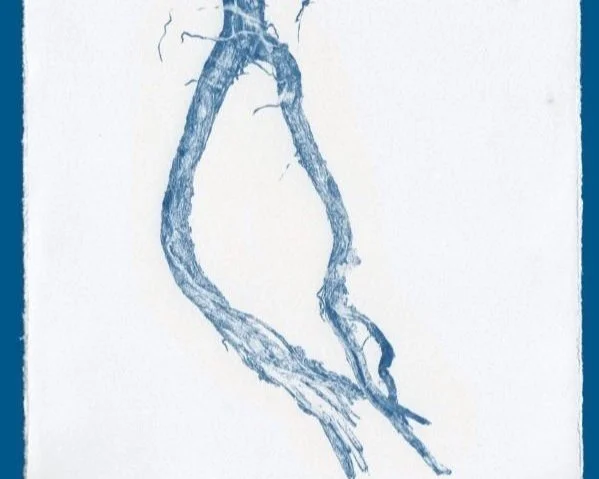Collections
Boats in the Attic
(Fordham UNIV. Press, Fall 2022)
“Editor’s Choice” for the Poets Out Loud Prize, coordinated by the Poetic Justice Institute and Fordham University Press. Chosen by Poets Out Loud Editor Elisabeth Frost. The Poetic Justice Institute serves the Fordham University community, as well as a national network of poets, scholars, and social justice workers. Every two years, they determine a new theme in dialogue with what is urgent in the national focus and create an institutional partnership to generate extraordinary programming and outreach. The 2020 - 2022 theme is WITNESS.
The Art of Perpetuation
(Black Lawrence Press, 2020)
Vivid explorations of cryogenics, lion baiting, iDollators, dodo birds, SpaceX, and more populate The Art of Perpetuation, a poignant new collection of lyric essays from Alison Powell that troubles the boundaries between human and animal, living and dead, man and woman, adult and child. These nine whip-smart essays juxtapose personal narrative—memories of the author’s childhood growing up in southern Indiana and experiences as a mother of two—with scientific, historical, and cultural narrative. Throughout the collection, Powell seeks to unearth, to peel back, to lay bare: “To pry something out of someone, the meat of a walnut from its enamel-like shell, is an excavation—to uncover a lie, an infidelity.” Dizzying, fragmentary, and provocative, Powell’s lyrical investigations dig in deep, coming up for air only to expose the meaningless of naming in a world obsessed with self-perpetuation. “To say a poem is like a body is to say one’s self is a machine. To say a body is erasable is to say extinction is a temperate clicking…. And like that, with one hand on the glass and one gloved hand inside the mouth of the woolly rhino, you have done it.”
On the Desire to Levitate
(Ohio University Press, 2014)
On the Desire to Levitate is the first collection of poems by Alison Powell. This striking collection includes vivid, unflinching meditations on aging, mythology, poetry, and family. In tight, elegant lines that alternate between homage and elegy, these poems explore known subjects with a rebellious eye: a defeated Hercules and a bitter Eurydice, a sympathetic Lucifer, and generations of adolescent girls as mythical adventurers moving within a beloved but confining Midwest. Yet in Powell’s skillful hands, hardship never overtakes: as judge Charles Hood writes, “There’s often a delicious humor in this work, and always a deep and lasting integrity.”


